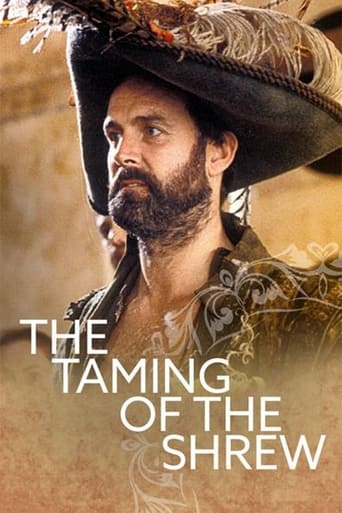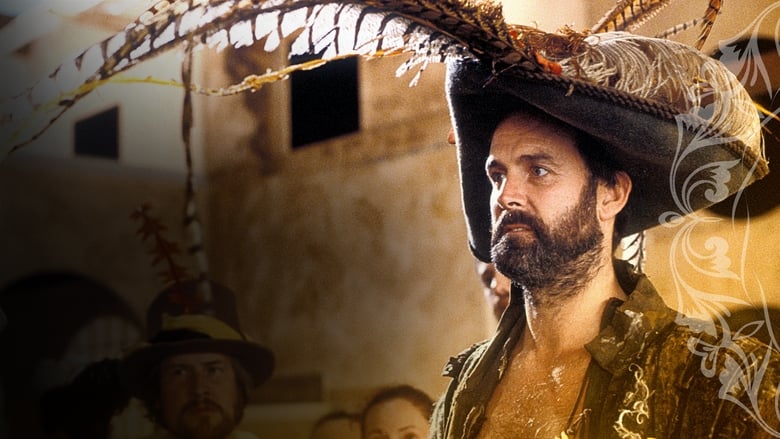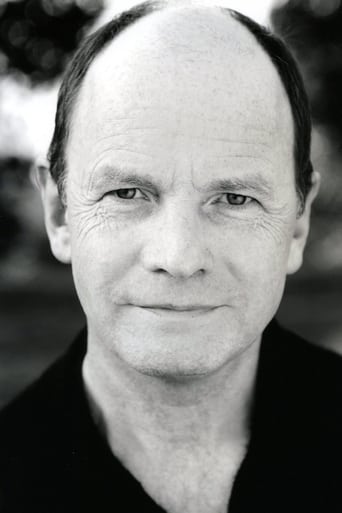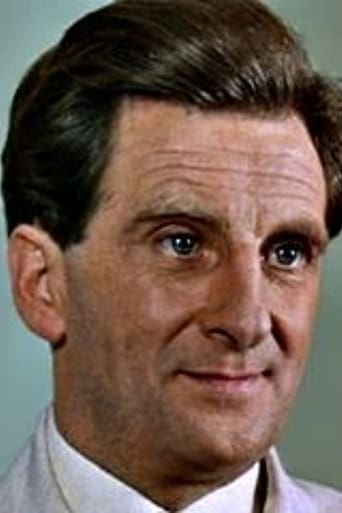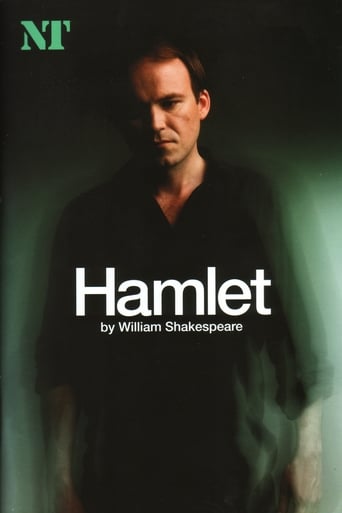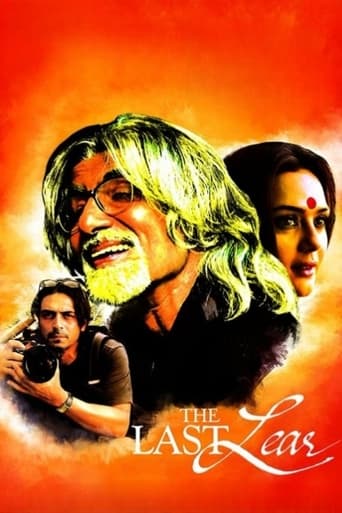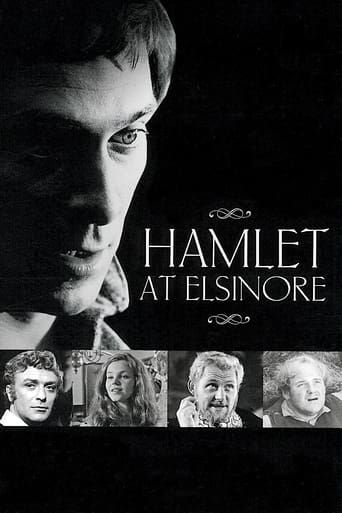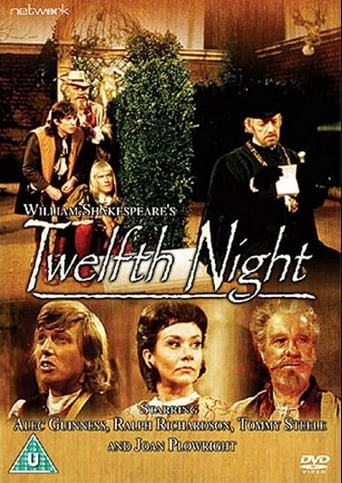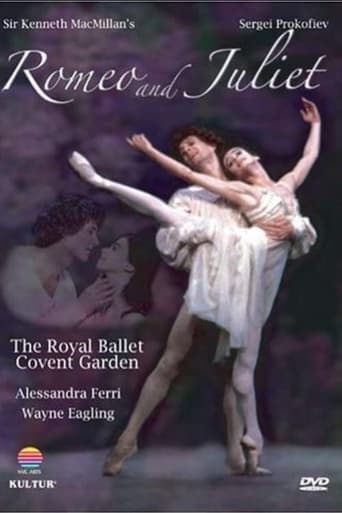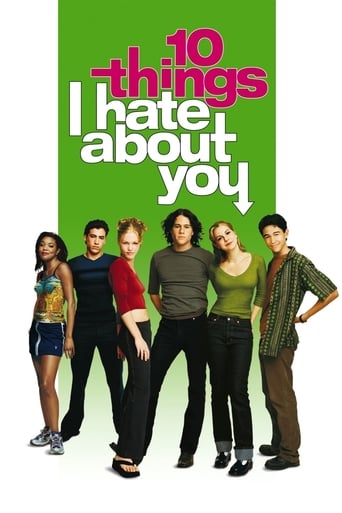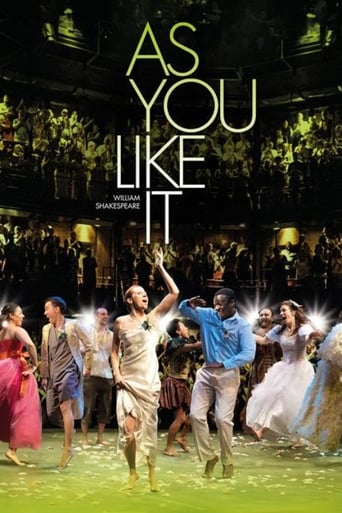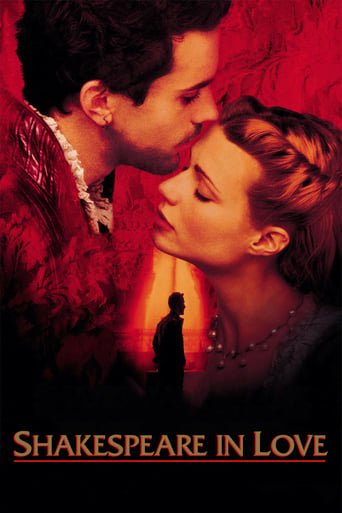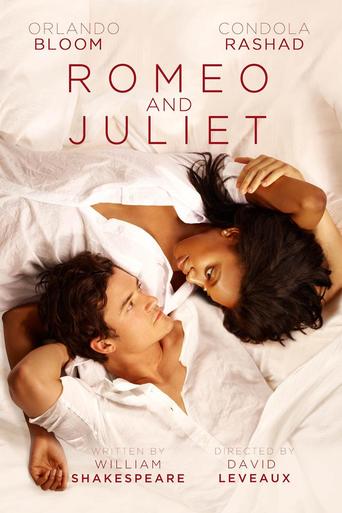The Taming of the Shrew (1980)
Baptista has two daughters: Kate and Bianca. Everyone wants to wed the fair Bianca, but nobody's much interested in problem child, Kate. Baptista declares that he won't give Bianca away in a marriage until he's found a husband for Kate, so all the suitors begin busily hunting out a madman who's willing to do it, and they find Petruchio: a man who's come to wive it wealthily in Padua. And Petruchio marries Kate with a plan to tame her, while everybody else begins scheming to win Bianca's hand.
Watch Trailer
Cast
Similar titles
Reviews
Simply A Masterpiece
Boring
Although I seem to have had higher expectations than I thought, the movie is super entertaining.
The film never slows down or bores, plunging from one harrowing sequence to the next.
The ProductionThe BBC produced all of Shakespeare's plays in the years around 1980 in the vein of the old 'filmed theatre' school. That is to say that the cinematography is not lush, the costumes are not impressive, the sets do not evoke a sense of realism, but the acting and the direction of the actors are at centre stage.Directed by Jonathan Miller, their Taming of the Shrew is populated by well-meaning actors who ranged from quite good – such as Anthony Pedley as the servant of young Luciano – to the merely average – such as Susan Penhaligon's Bianca.But overshadowing them all is a surprising performer in this context, the performance of whom is the key to Jonathan Miller's solution to the problem of how to film a play, that basically condones domestic violence and makes light of it: John Cleese as Petruchio.The CleeseCleese brings a quality to the boisterous role of the gentleman from Verona that it is frankly astonishing for whoever discovered it in the text to have found, and which demonstrates the range of Shakespeare's play. Where Petruchio is traditionally seen as a staunch defender of the status quo as regards to gender roles, Cleese shows him to be a quiet rebel and a person with a knack for noticing absurdity and hostility in the world and trying to make the best of it.While most productions have Petruchio dominating Kate at the end, it is obvious from the performances that such is not the case here. Rather the two have developed an understanding and an actual respect for each other.Indeed while many times the most poignant scenes for Petruchio are made out to be his battles of wit and violence with Kate, it is obvious that Cleese and the production considers the pivotal scene to be his short, poetic soliloquy at the end of act 4, scene 1.Delivered by candlelight after an exhausting day, Cleese wearily speaks the words that lesser Petruchios would be bolstering all over the place. Quietly and calmly, he outlines his plan with a tonality in his voice like that of a man who meticulously chooses exactly the most absurd response to any stimuli simply to prove a point. It is not that he must decide everything for Kate, however, but simply and reasonably that they cannot function as a married couple if they fight about everything. Thus he meets her irrational demands not with demands of his own, but instead with well-designed, absurd responses.Rather than admonish her for being wilful or engaging in a misogynist battle of the sexes, Cleese's Petruchio is on a mission to show Kate that her wilfulness simply will not do, because it is not possible for people to live like that. He demands not compliance from Kate because he wants it, but because he wants to show what she is demanding from the world.The ShrewQuite apart from the dismal message that productions of The Taming of the Shrew usually have to contend with, the message of this production is instead that we are not set in our ways and that we can change our nature if we work at it. All of this hinges of course not just on the performance of Cleese, but also on the wonderfully faceted performance of Sarah Badel in the role of Kate. She starts out in the proud tradition from Elizabeth Taylor's version in Zefirellis production from the 60s, portraying Kate as essentially a spoilt child who rebels without any sense of direction. It is clear that she finds the demands of society idiotic and inconvenient, but she does not try to change them, she just acts out her rage very much like a child would.As she struggles to comprehend Petruchio's outlandish behaviour, we see that Badel – unlike Taylor – actually uses this character choice moving forward. This is not so much a taming as a maturing of the shrew, as Kate grows up. Petruchio is holding up a mirror in front of her and like a child she at first does not recognise that it is herself she's seeing. It seems to her that Petruchio is just one more instance of a world being unreasonable, harsh and repressive, but gradually Badel shows us Kate coming to grips with the fact that the person in the mirror is her. Like a child finally recognising herself in the mirror and not attempting to play with this new friend anymore, Kate grows up and becomes a reasonable person. She learns, and we learn with her, that the proper response to an unfair world is not blind rage, disgust and self pity, but instead reason and thought. Reportedly Jonathan Miller had problems with persuading Cleese to act in this, the first Shakespeare production the comedian did. It is fortunate that he was successful, though. Although we cannot in good conscience acquit Shakespeare himself or his contemporaries of misogyny, we can however – with this production in hand – show that the text must not necessarily be interpreted thus.And this is really the most we can hope for in a performance: to show us things about the text that we had not considered.(This is a shortened version of the review posted at shakespearereviews.wordpress.com)
Watching Shakespeare is tricky business. Its because the material is so deep and dangerous, that it can cut and ruin lives of innocents just as it can build and weave. Part of the danger comes from not being aware of the edges, of thinking that what you see is a comedy as toothless as something from TeeVee. But part is also a matter of decisions the director makes.There are a few major traditions the director can follow. A focus on the sweep of cosmology, on the (usual) intricacies of plot. On the fabulous language, its structure and ever-more layered metaphors. Its emotional shivers, yes even the comedies. Sometimes the way chosen is to map it to some other era and its trappings to increase "relevance," as if "West Side Story" had the stuff from which one builds imagination.But the most dangerous choice of all, I believe, is when the director chooses to make the play about humans, to make it emotionally real. I mean "emotionally" here in the modern theatrical sense where screams and actorly attunement really can connect. Its probably a bad choice because when you try to make these characters modern, natural, as if you could encounter them in life, you fool yourself into thinking you understand the thing. You see familiar people, reacting in familiar ways, lifelike. But that's not how these plays are put together. There's always the majority of it just out of reach. There's always more, even if you read it slowly. That's what makes this magical. It isn't Ibsen. When the director takes those heavens away, the knife becomes dull and there is no instrument on earth as dangerous as a dull knife.Just look at the comments here on IMDb, celebrating the accessibility of this production. Yes, it is probably more comprehendible than Zeferelli's zany snappings. But that had the language, and it preserved the cadence as poetry, and thus indicated how layered were the metaphors, how nested were the rhythms, how integrated the language was with human intercourse, how dissymmetry is behind the tension the keeps love afloat.Nothing of that is here. This is a marvelous play. The staging is particularly wonderful and the characters engaging, A good play a good production, but dangerously far from Shakespeare.Ted's Evaluation -- 2 of 3: Has some interesting elements.
This production is what sparked my interest in Shakespeare. I was able to see the characters as real people, not just actors in period dress slapping their thighs at the funny bits and spouting verses. John Cleese showed a great deal of depth and compassion in his portrayal. The entire production was thoughtful and entertaining. It was understated for a comedy, but that allowed the leads in the play to focus more on the subtleties of Elizabethan culture. The end was not the triumph of a man's will over a woman. It was a triumph of self-control over a wicked temper. It was about putting aside anger and frustration and finding the humor in the situation. Cleese's Petruchio was no boisterous braggart as the character is often portrayed. He was real. He showed genuine sympathy for Kate and her predicament. I saw this on PBS and there was an interview with Mr. Cleese and the director shown afterward where they discussed the culture and characters. I found it interesting and informative. A great experience all round.
The first review of this production is right on. It's hard to believe that a cast member from "Beyond the Fringe" (Miller) and one of the great Python men (Cleese) could put together such a slow, unrewarding, uninteresting performance.
